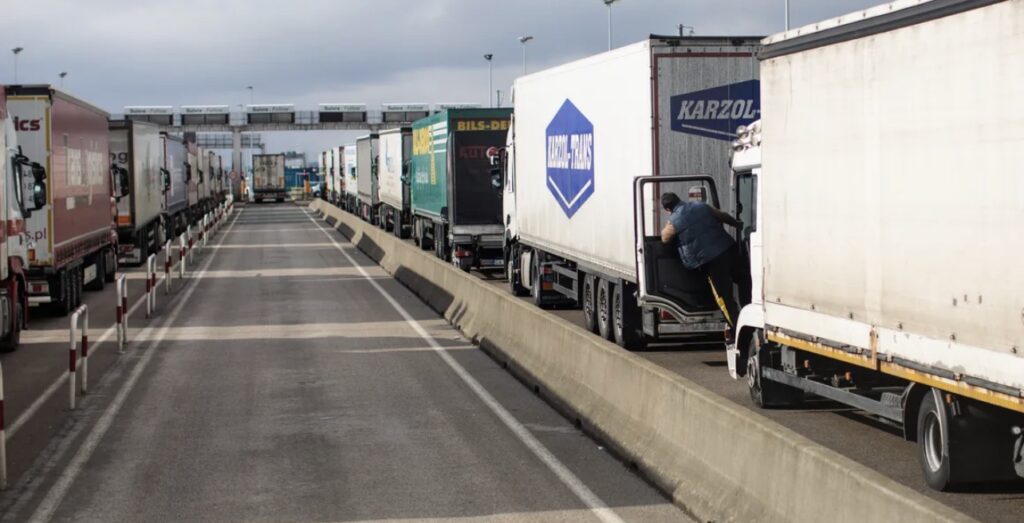Britain delays full post-Brexit import checks until late 2023
Britain has delayed imposing its full post-Brexit import controls on goods from the European Union again, pushing it back until the end of next year, saying it did not want to add more fuel to fast-rising inflation.

Britain left the EU’s single market in January 2021 and has delayed full implementation of border controls on several occasions due to worries about port disruption and COVID-19, and now the risk of adding to a cost-of-living crisis.
The government said on Thursday that Russia’s invasion of Ukraine and the leap in global energy costs were hitting supply chains still recovering from the coronavirus pandemic.
“It’s vital that we have the right import controls regime in place, so we’ll now be working with industry to review these remaining controls so that they best suit the UK’s own interests,” said Jacob Rees-Mogg, Britain’s minister for Brexit opportunities.
The UK Major Ports Group said ports had invested more than 100 million pounds ($125 million) to meet the requirements.
“Government needs to engage urgently with ports to agree how the substantial investments made in good faith can be recovered,” the group’s chief executive Tim Morris said.
British voters decided in 2016 to leave the EU.
The government said it would review how best to implement its remaining checks through risk assessments and using data and technology to smooth the process.
The new plan will be published later this year before coming into force at the end of 2023.
Controls no longer being introduced for EU goods from July included sanitary and phytosanitary checks at the border and requirements for safety and security declarations on imports, as well as restrictions on chilled meats imports.
British importers would be spared at least 1 billion pounds a year in annual costs, the government said.
Source: Reuters
You must be logged in to post a comment.